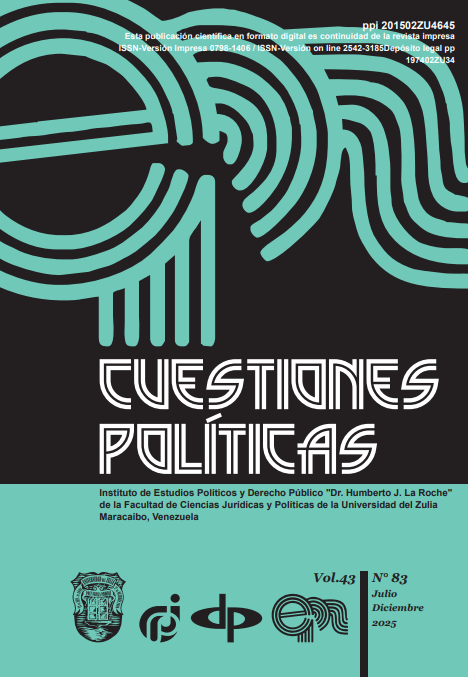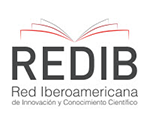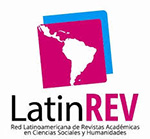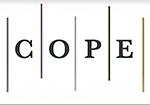From the paradigm of liberal democracy and human rights to neo-authoritarian models as the basis for the new world order
Abstract
The editorial, which serves as an introduction to volume 43, number 83 of Cuestiones Políticas, analyzes the decline of the liberal world order established by the West since the end of the Cold War, arguing that we are facing a historic transition in which Western hegemony, based on democracy and human rights, is losing legitimacy and influence in the face of the rise of neo-authoritarian models promoted by powers such as China and Russia. The text emphasizes that, while the promises of freedom and democratic pluralism are being emptied of content, new technologies are enabling the consolidation of systems of surveillance and social control that turn citizens into managed subjects, erasing the classic boundary between national security and respect for fundamental rights. In this scenario, authoritarian superpowers are restructuring the international architecture under the logic of efficiency, order, and concentrated power, relegating both multilateral organizations and emancipatory movements. The essay concludes that this transformation represents a philosophical and civilizational challenge, raising the essential question about the future of human dignity and freedom in a world subject to the totalizing logic of digital control and raison d’état.
Downloads
References
EL GRAN CONTINENTE. 2025. La Organización de Cooperación de Shanghái representa el 23% del PIB y el 42% de la población mundial. Disponible en línea. En: https://legrandcontinent.eu/es/2025/08/30/la-organizacion-de-cooperacion-de-shanghai-representa-el-23-del-pib-y-el-42-de-la-poblacion-mundial. Fecha de consulta: 28 de octubre de 2025.
FOUCAULT, Michel. 1995. Discipline and Punish: The Birth of the Prison. Vintage Books. New York, USA.
FUKUYAMA, Francis. 1992. The End of History and the Last Man. Macmillan, Inc. New York, USA.
HUMAN RIGHTS WATCH. 2025. China. Eventos de 2024. Disponible en línea. En: https://www.hrw.org/es/world-report/2025/country-chapters/ china. Fecha de consulta: 2 de noviembre de 2025.
INSTITUTO PARA EL DESARROLLO DE SOCIEDADES HUMANAS. 2024. El Eje del Futuro: Cómo Rusia, China e India Redibujan el Mapa del Poder Global. Geopolítica de las Urbes: El Eje del Futuro. Disponible en línea. En: https://idhus.org/el-eje-del-futuro-como-rusia-china-e-india-redibujan-el-mapa-del-poder-global/ Fecha de consulta: 20 de octubre de 2025.
MAYDEU-OLIVARES, Santiago. 15 de septiembre de 2023. Bukele y la tentación del autoritarismo en América Latina. CIDOB. Disponible en línea. En: https://www.cidob.org/publicaciones/bukele-y-la-tentacion-del-autoritarismo-en-america-latina. Fecha de consulta: 30 de octubre de 2025.
ORTEGA, Andrés. 2018. La decadencia de Occidente, 1918-2018. Real Instituto Elcano. Disponible en línea. En: https://www.realinstitutoelcano.org/comentarios/la-decadencia-de-occidente-1918-2018. Fecha de consulta: 25 de octubre de 2025.
SÁNCHEZ, Ignacio. 2025. El tecnopoder: cuando la eficiencia desplaza a la democracia. LISA News. Disponible en línea. En: https://www.lisanews.org/efecto-trump/el-tecnopoder-cuando-la-eficiencia-desplaza-a-la- democracia. Fecha de consulta: 29 de octubre de 2025.
Copyright
The authors who publish in this journal agree to the following terms:
The authors retain the copyright and guarantee the journal the right to be the first publication where the article is presented, which is published under a Creative Commons Attribution License, which allows others to share the work prior to the recognition of the authorship of the article work and initial publication in this journal.
Authors may separately establish additional agreements for the non-exclusive distribution of the version of the work published in the journal (for example, placing it in an institutional repository or publishing it in a book), with an acknowledgment of its initial publication in this journal.
This work is under license:
Creative Commons Reconocimiento-NoComercial-CompartirIgual 4.0 Internacional (CC BY-NC-SA 4.0)





































